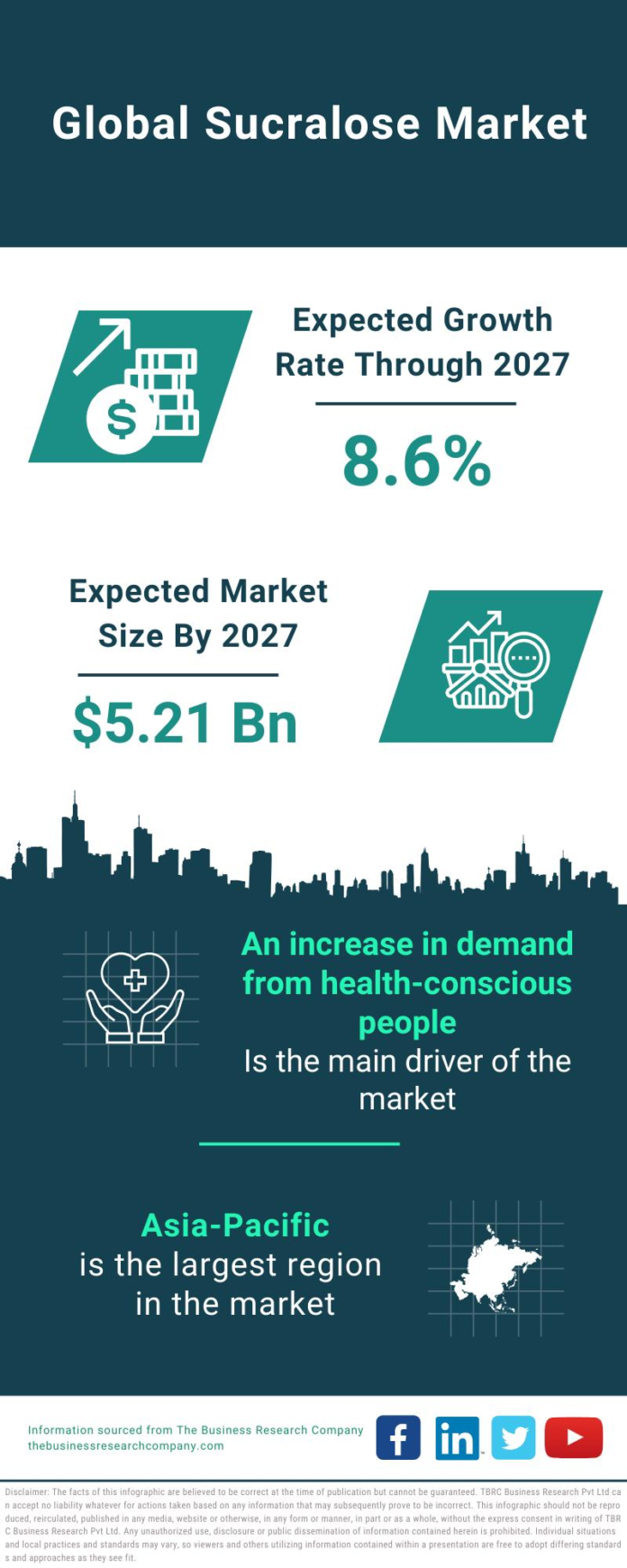
Sucralose is a popular artificial sweetener that is commonly used as a sugar substitute in a wide range of foods and beverages. It is marketed under the brand name Splenda and is known for its sweet taste without the calories of sugar. However, there has been some controversy surrounding the use of sucralose and its potential link to an increased risk of diabetes. In this article, we will explore the science behind sucralose and whether or not it can increase your risk of developing diabetes.
Understanding Sucralose
Sucralose is a non-nutritive sweetener that is made from sugar through a process that replaces three hydrogen-oxygen groups on the sugar molecule with chlorine atoms. This modification makes sucralose around 600 times sweeter than sugar, which means that only a small amount is needed to achieve the desired level of sweetness. Sucralose is heat-stable, which makes it suitable for use in cooking and baking, and it also does not break down at high temperatures, making it a popular choice for food manufacturers.
Sucralose is considered safe for consumption by regulatory agencies such as the U.S. Food and Drug Administration (FDA) and the European Food Safety Authority (EFSA). These agencies have conducted extensive research on sucralose and have determined that it does not pose any significant health risks when consumed in appropriate amounts. The Acceptable Daily Intake (ADI) for sucralose is 5 milligrams per kilogram of body weight per day, which means that the average person can safely consume sucralose without any adverse effects.
The Link Between Sucralose and Diabetes
There have been some studies that have suggested a potential link between the consumption of artificial sweeteners, including sucralose, and an increased risk of developing diabetes. One study published in the journal Diabetes Care in 2009 found that daily consumption of diet soda sweetened with artificial sweeteners was associated with a 67% increased risk of developing type 2 diabetes compared to non-consumers. Another study published in the journal PLOS One in 2013 found that sucralose consumption was associated with changes in glucose and insulin levels in obese individuals, which are risk factors for diabetes.
However, it is important to note that these studies were observational in nature, which means that they can only show an association between sucralose consumption and diabetes, not causation. There are many other factors that could influence the development of diabetes, such as genetics, lifestyle choices, and overall diet. It is also worth mentioning that the majority of studies on sucralose and diabetes have been conducted on animals or in vitro, which may not accurately reflect the effects of sucralose on humans.
The Science Behind Sucralose
Sucralose is a highly stable compound that is not broken down by the body, which means that it does not contribute any calories to the diet. This is one of the reasons why sucralose is commonly used as a sugar substitute in foods and beverages for individuals looking to reduce their calorie intake. When consumed, sucralose passes through the body unchanged and is excreted in the urine, which means that it does not have any effect on blood sugar levels.
One of the main concerns about artificial sweeteners like sucralose is that they may disrupt the body’s ability to regulate blood sugar levels, which could lead to an increased risk of diabetes. However, research has shown that sucralose does not have a significant impact on blood sugar levels or insulin sensitivity in healthy individuals. A study published in the journal Nutrition and Metabolism in 2014 found that the consumption of sucralose did not affect blood glucose, insulin, or insulin sensitivity in individuals with obesity.
Another study published in the journal Diabetes Care in 2016 found that consuming foods and beverages sweetened with sucralose did not have any effect on blood sugar levels in individuals with diabetes. This suggests that sucralose is a safe and effective sugar substitute for individuals with diabetes who are looking to reduce their calorie and carbohydrate intake.Overall, the scientific evidence does not support the claim that sucralose can increase your risk of developing diabetes. In fact, sucralose has been shown to be safe for consumption by regulatory agencies and does not have any significant impact on blood sugar levels or insulin sensitivity in healthy individuals or those with diabetes.
Conclusion
Sucralose is a popular artificial sweetener that is widely used as a sugar substitute in a variety of foods and beverages. While there have been some studies that have suggested a potential link between the consumption of artificial sweeteners, including sucralose, and an increased risk of diabetes, the scientific evidence does not support this claim. Research has shown that sucralose does not have a significant impact on blood sugar levels or insulin sensitivity in healthy individuals or those with diabetes.
Sucralose is considered safe for consumption by regulatory agencies such as the FDA and EFSA, and it can be a useful tool for individuals looking to reduce their calorie and carbohydrate intake. As with any food or beverage, moderation is key when consuming sucralose, and it is always recommended to speak with a healthcare professional if you have any concerns about the use of artificial sweeteners.Overall, sucralose is a safe and effective sugar substitute that can be enjoyed as part of a balanced diet.

















